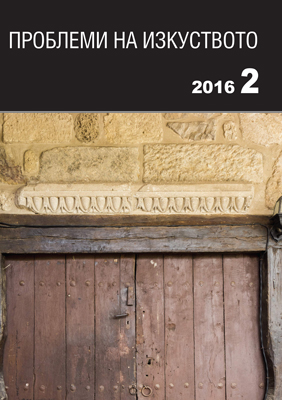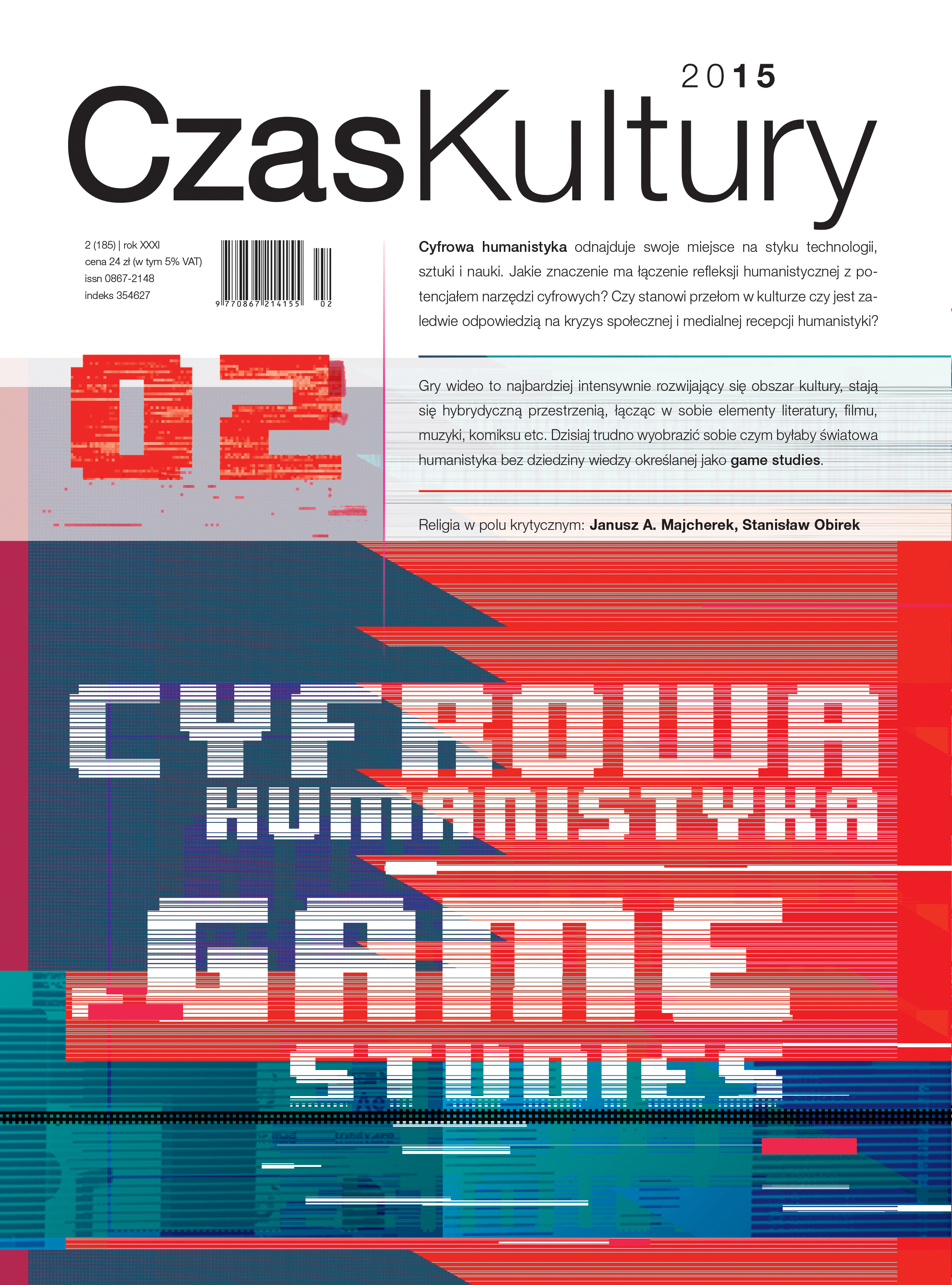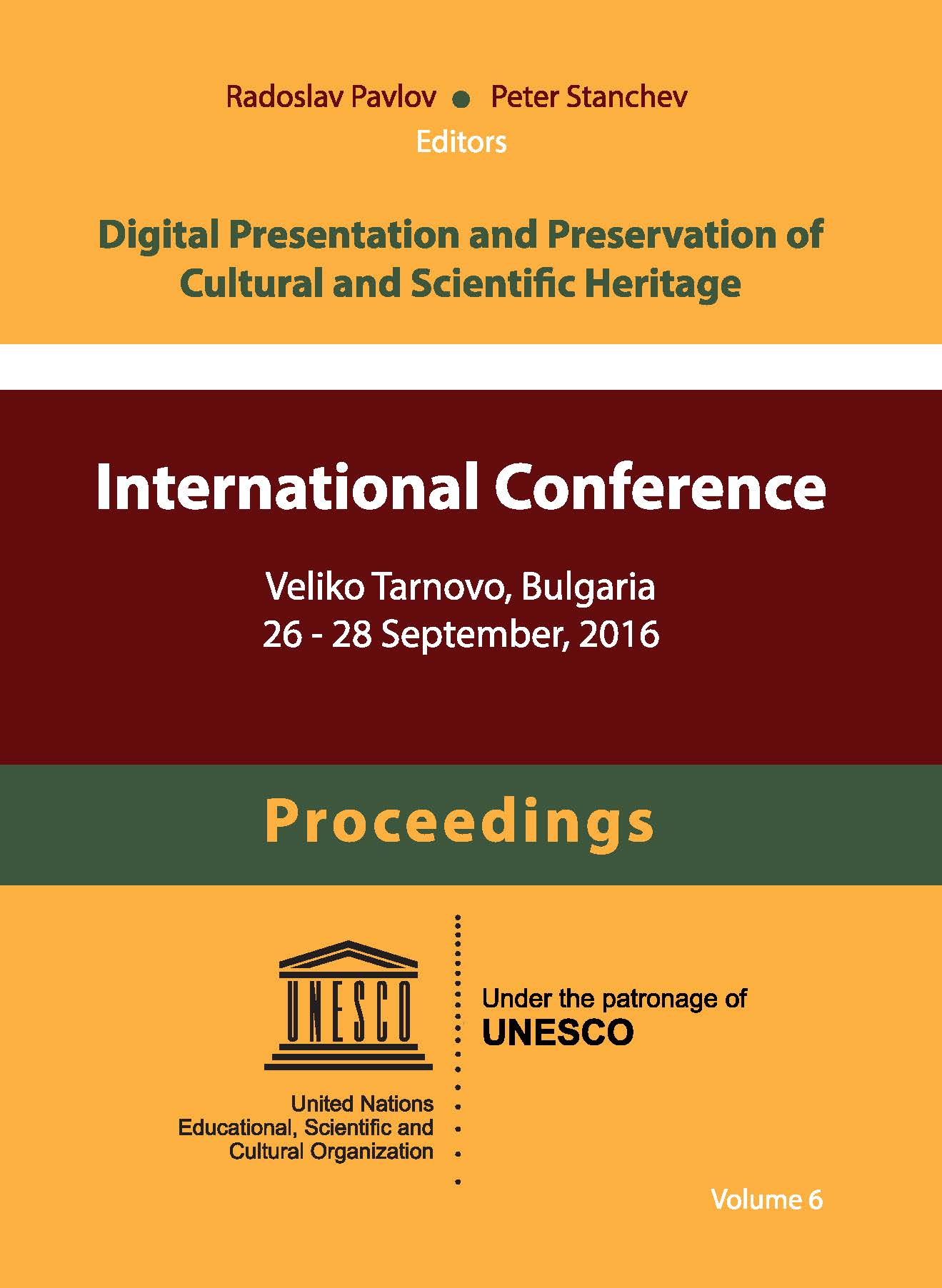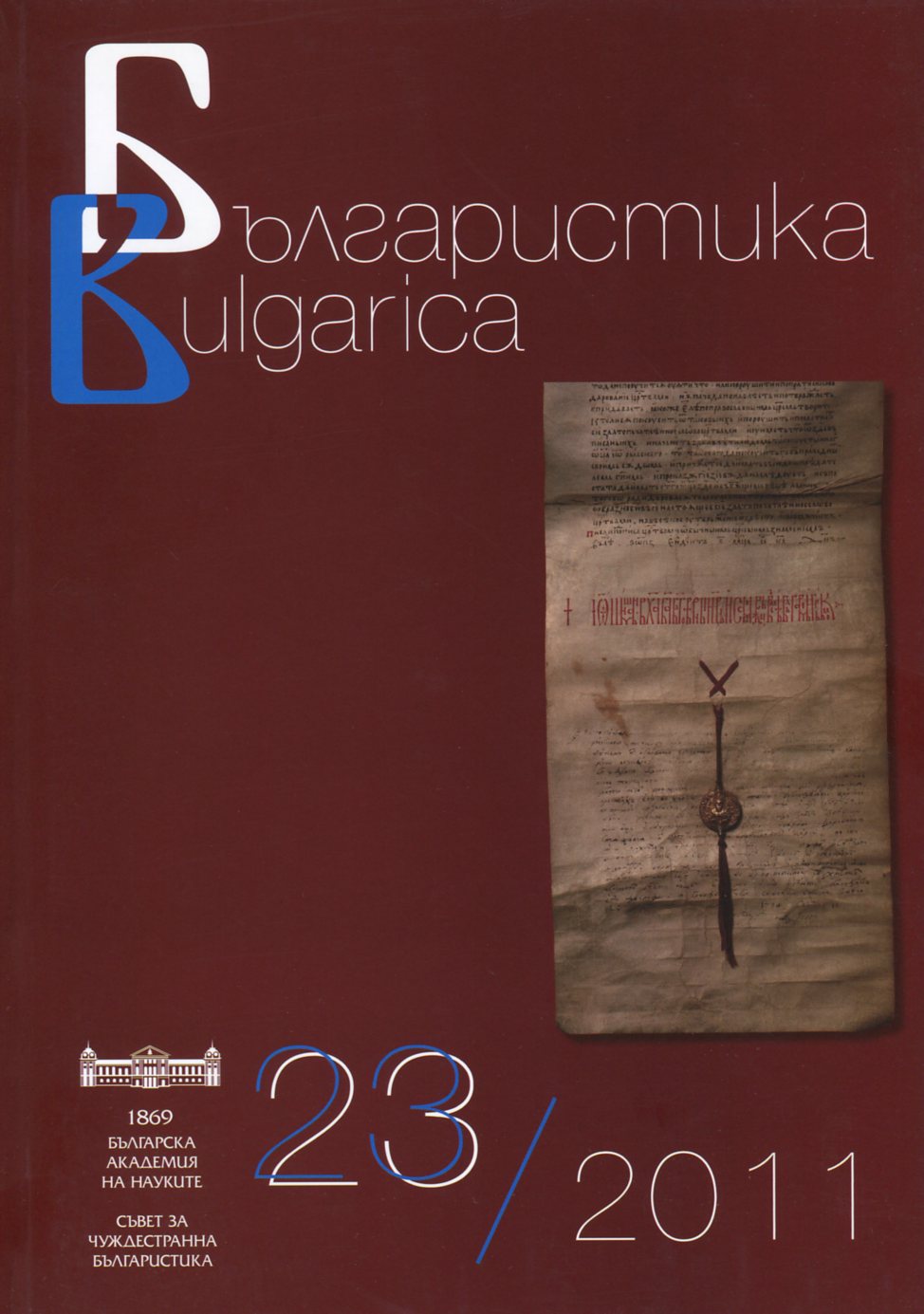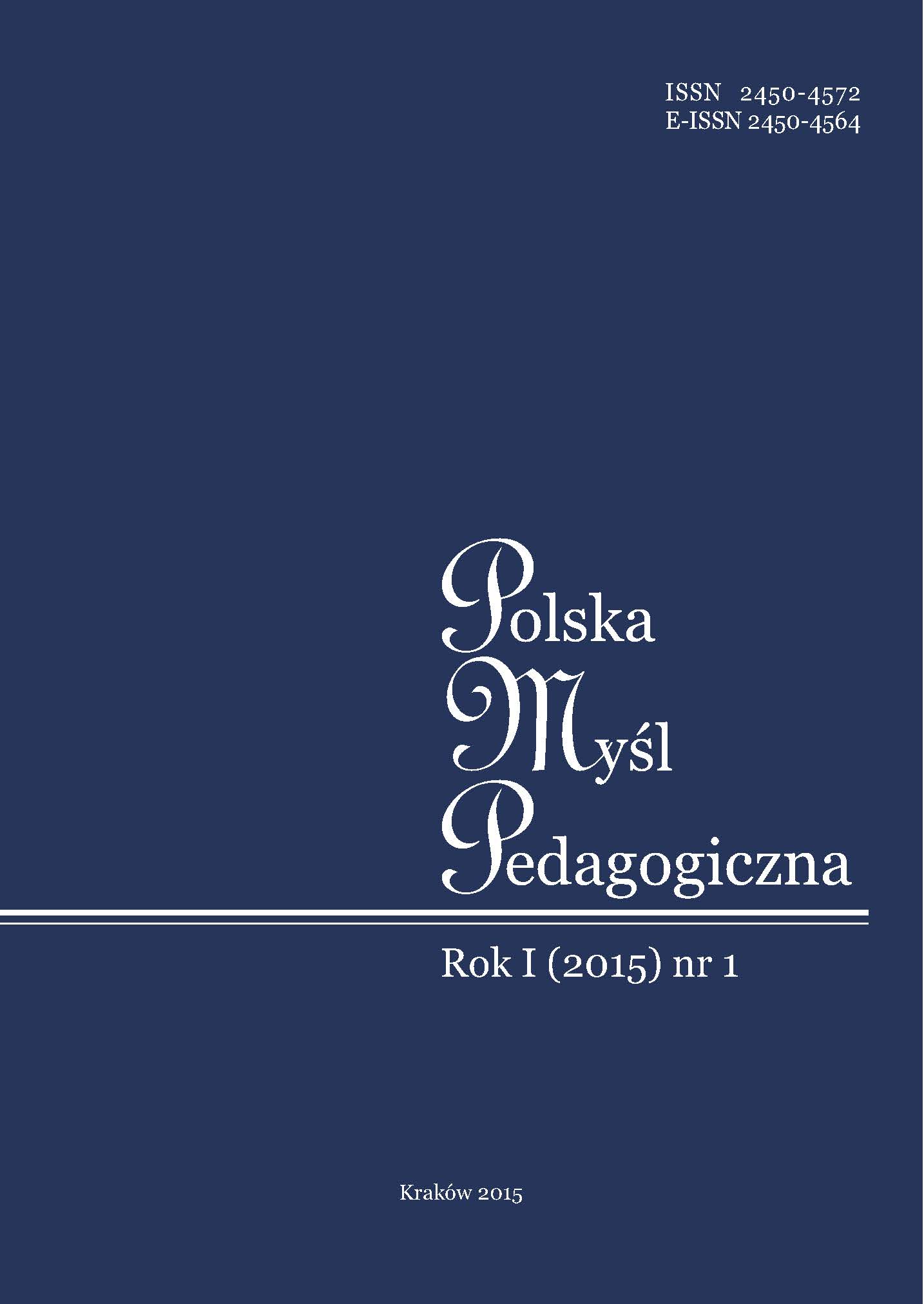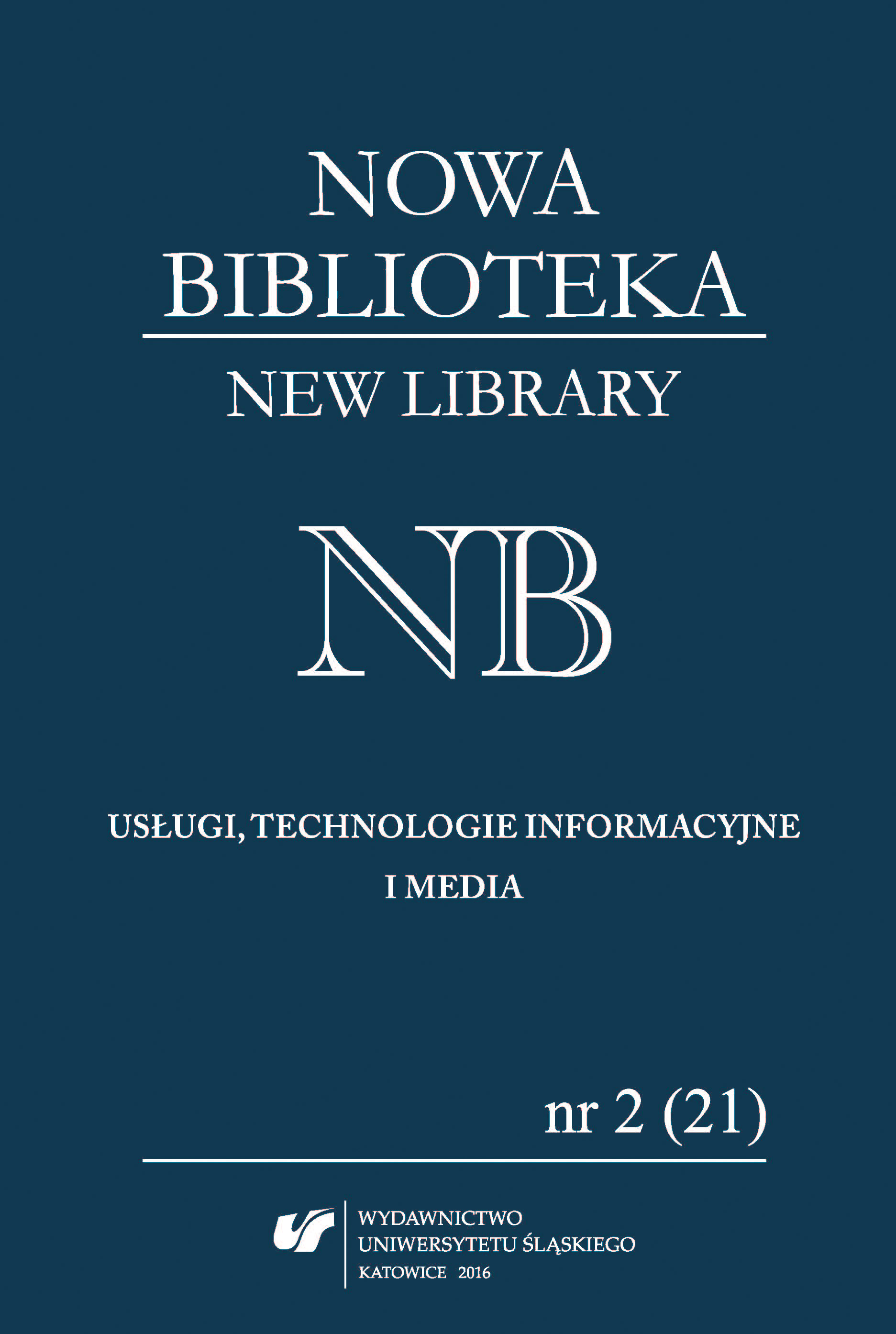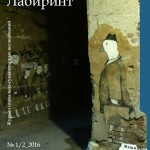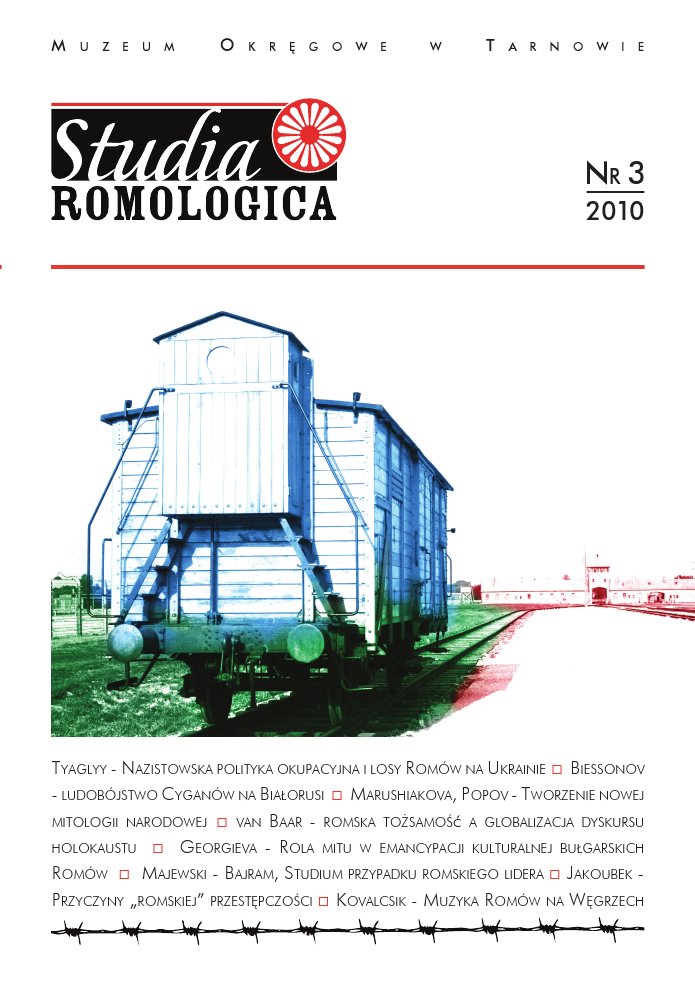
Holokaust na łamach periodykow romskich – bibliografia
In the first part of his article, the author outlines briefly the history and character of three periodicals published by Romani associations in Poland. In the second part a full bibliography of the Holocaust-related texts published in these periodicals has been presented.
More...
